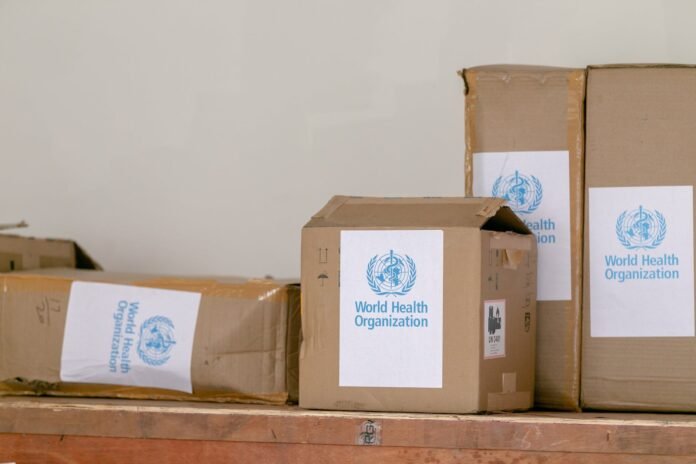
The World Health Organization (WHO) has declared that COVID-19 is no longer a public health emergency of international concern (PHEIC). The announcement was made following the fifteenth meeting of the International Health Regulations (2005) (IHR) Emergency Committee, which was held virtually on May 4, 2023. The committee, composed of experts from around the world, advised that it is time to transition to long-term management of the COVID-19 pandemic.
During the meeting, the Committee noted the decreasing trend in COVID-19 deaths, the decline in COVID-19 related hospitalizations and intensive care unit admissions, and the high levels of population immunity to SARS-CoV-2. While acknowledging the remaining uncertainties posed by the potential evolution of SARS-CoV-2, the Committee advised that it is time to transition to long-term management of the COVID-19 pandemic. The WHO Director-General, Dr. Tedros Adhanom Ghebreyesus, concurred with the advice provided by the Committee regarding the ongoing COVID-19 pandemic.
Dr. Tedros determined that COVID-19 is now an established and ongoing health issue that no longer constitutes a public health emergency of international concern (PHEIC). He considered the advice provided by the Committee regarding the proposed Temporary Recommendations and issued them as per the below statement. The WHO Director-General will convene an IHR Review Committee to advise on Standing Recommendations for the long-term management of the SARS-CoV-2 pandemic, taking into account the 2023-2025 COVID-19 Strategic Preparedness and Response Plan. During this transition, States Parties are advised to continue following the issued Temporary Recommendations. The Director-General expressed his sincere gratitude to the Chair, the Members, and the Advisors of the Committee for their engagement and advice during the last three years.
Dr. Tedros expressed concern that surveillance reporting to the WHO has declined significantly, there continues to be inequitable access to life-saving interventions, and that pandemic fatigue continues to grow. He noted that the number of weekly reported deaths and hospitalizations continue to decrease, but emphasized that there is a need for continued vigilance and preparedness in the long term.
The 2023-2025 COVID-19 Strategic Preparedness and Response Plan was published to guide countries in transitioning to long-term management of COVID-19. This plan outlines important actions for countries to consider for five areas: collaborative surveillance, community protection, safe and scalable care, access to countermeasures, and emergency coordination.
Globally, 13.3 billion doses of COVID-19 vaccines have been administered, with 89% of health workers and 82% of adults over 60 years having completed the primary series. Coverage in these priority groups varies in different regions. The Committee noted that SARS-CoV-2 continues to evolve, but the currently circulating variants do not appear to be associated with increased severity.
The WHO Secretariat provided overviews of the status of the integration of COVID-19 surveillance into the Global Influenza Surveillance and Response System and opportunities to streamline this, the process for issuing Standing Recommendations under the IHR, and the potential regulatory implications for Emergency Use Listed (EUL) when a PHEIC is terminated. As the Director-General will continue to authorize the use of EUL procedures, the termination of the PHEIC should not affect access to vaccines and diagnostics that have already received an EUL. States Parties will still be able to access these vaccines and diagnostics (provided the manufacturers continue production). COVAX will also continue to provide funded doses and delivery support throughout 2023 in line with demand.









